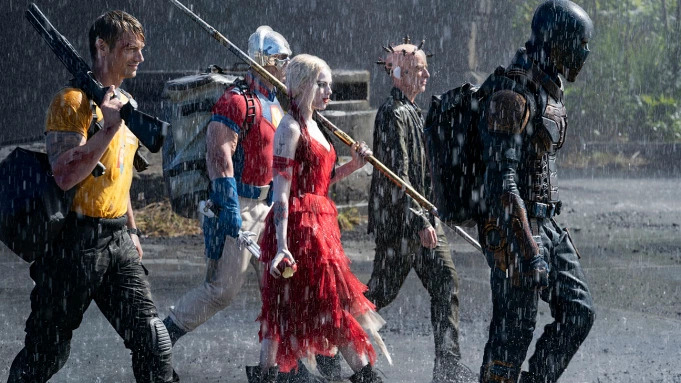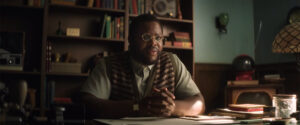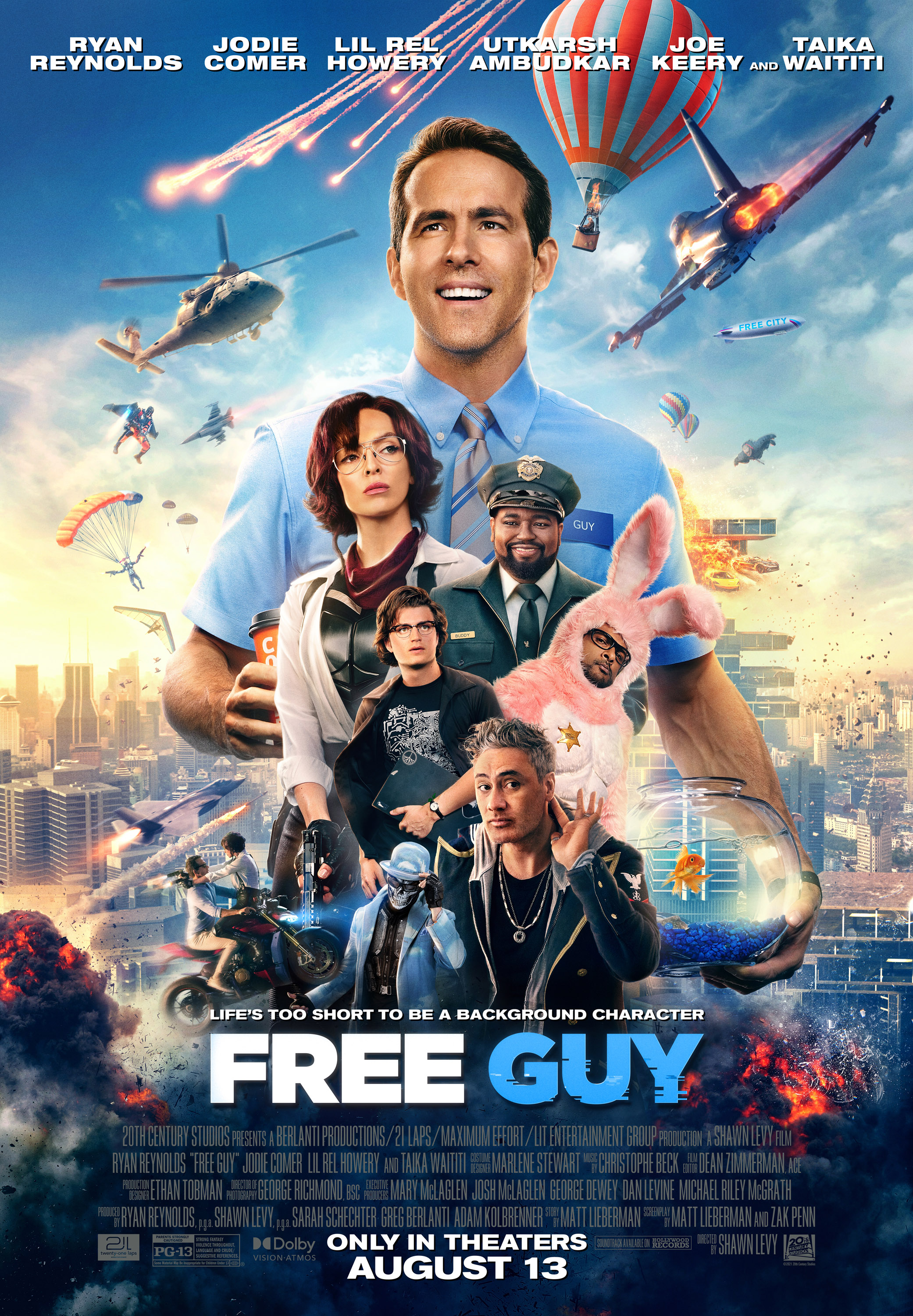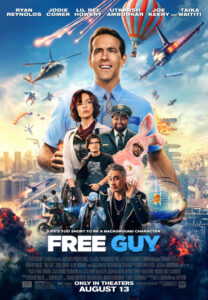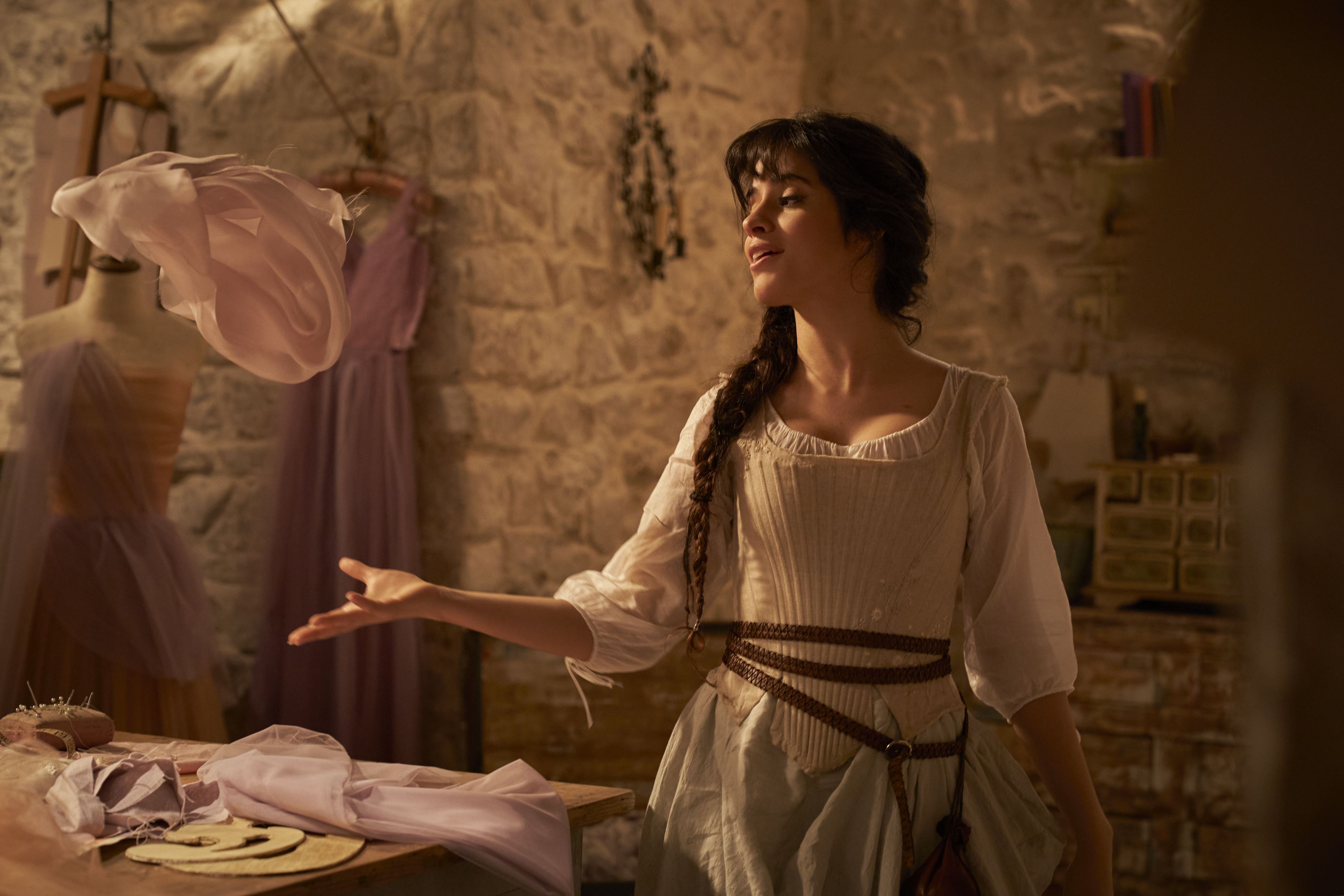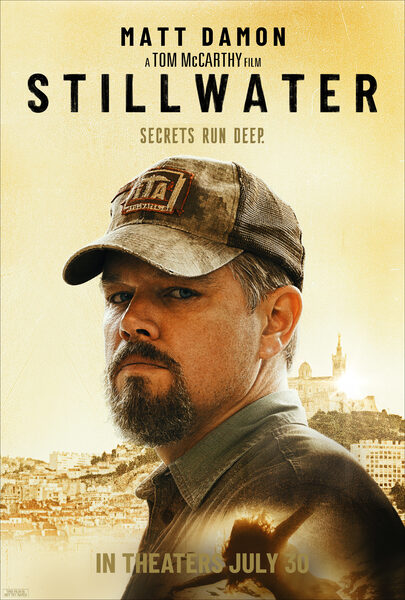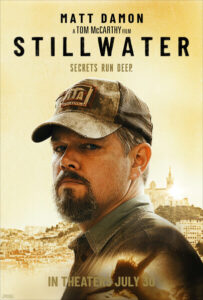The Suicide Squad
Posted on August 5, 2021 at 5:40 pm
B| Lowest Recommended Age: | Mature High Schooler |
| MPAA Rating: | Rated R for strong violence and gore, language throughout, some sexual references, drug use and brief graphic nudity |
| Profanity: | Extremely strong language |
| Alcohol/ Drugs: | Alcohol |
| Violence/ Scariness: | Extremely intense and gory violence with many disturbing and bloody, graphic images, characters injured and killed, comic book violence, guns, explosions |
| Diversity Issues: | Diverse characters |
| Date Released to Theaters: | August 6, 2021 |
| Date Released to DVD: | October 25, 2021 |
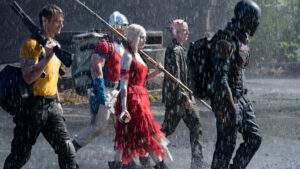
“Guardians of the Galaxy’s” writer/director James Gunn takes over the franchise, and this is even more insouciantly nasty than the first one, relishing the carnage and ebulliently transgressive. Even the Warner Brothers logo is written in blood.
Viola Davis returns as Amanda Waller, who demonstrates her ruthlessness up front by delivering on her threat to detonate a chip that explodes the head of one of her supervillains who disobeys an order. “I wouldn’t take such extreme measures if this mission wasn’t more important than you could possibly imagine,” she says. It is “potentially cataclysmic for America and the world.” In other words, the ends justify the ultra-destructive means, including giving her license to murder her charges, not to mention giving them license to murder as well.
There are some new characters this time, including some younger villains to make it possible to include some jokes about millennials, or stereotypes, depending on your perspective. This crowd is defined by their inability to play well with others, but that is intensified here by the animosity between two alpha males, the walking weapon Bloodsport (Idris Elba) and the walking heavy bag and ironically named Peacemaker (John Cena). Also on board for some or all of the mission are a shark with legs, a second-generation rat-master, a guy with some serious mother issues who emits lethal polka dots, and of course, in what she says is her last appearance in the role, Margot Robbie as Harley Quinn.
We can understand why. For all its many failings, the first “Suicide Squad” and “Birds of Prey” gave Harley Quinn what she has too seldom been given, an interesting character. She was damaged. And she was a villain. But a vestigial trace of her past life as a psychologist and a woman wronged gave her some complexity and even sympathy. She’s not as interesting here, more naughty than truly provocative. This movie is more interested in how many ways a human body can be exploded, beheaded, sliced down the middle, and otherwise dismembered than it is in anything else with the possible exception of a lot of macho posturing. It also fails to make the stakes meaningful with a worthy villain. Understandable, I suppose; it’s hard to out-villain the temporarily good bad guys. So, it’s is colorful and entertaining but lightweight and unmemorable.
NOTE: Stay for a mid-credit scene with an un-surprising surprise.
Parents should know that this movie ie extremely vulgar and gory with constant, extremely bloody peril and violence and many characters injured and killed. Characters use constant very strong language and the movie includes nudity and sexual references, and a sexual situation.
Family discussion:
If you like this, try: “Guardians of the Galaxy” and the Suicide Squad comic books

